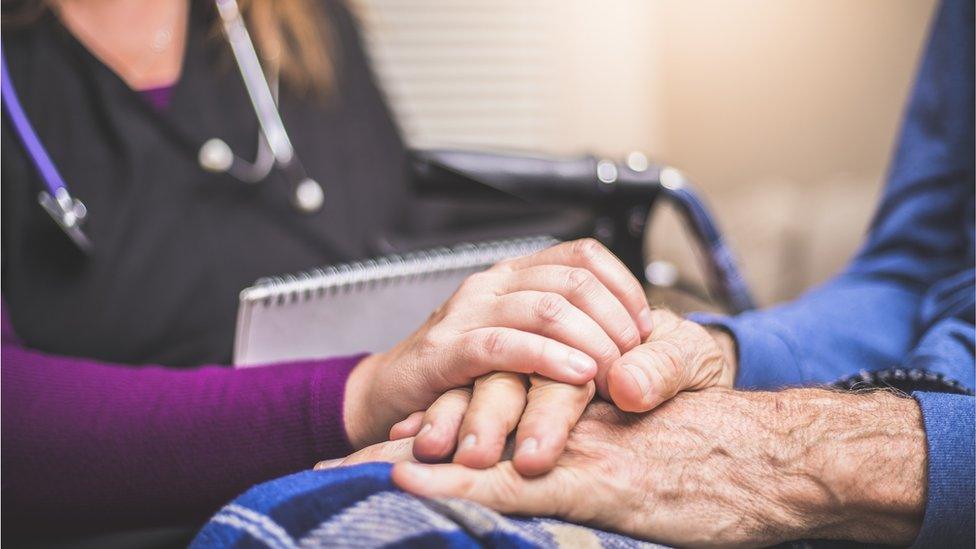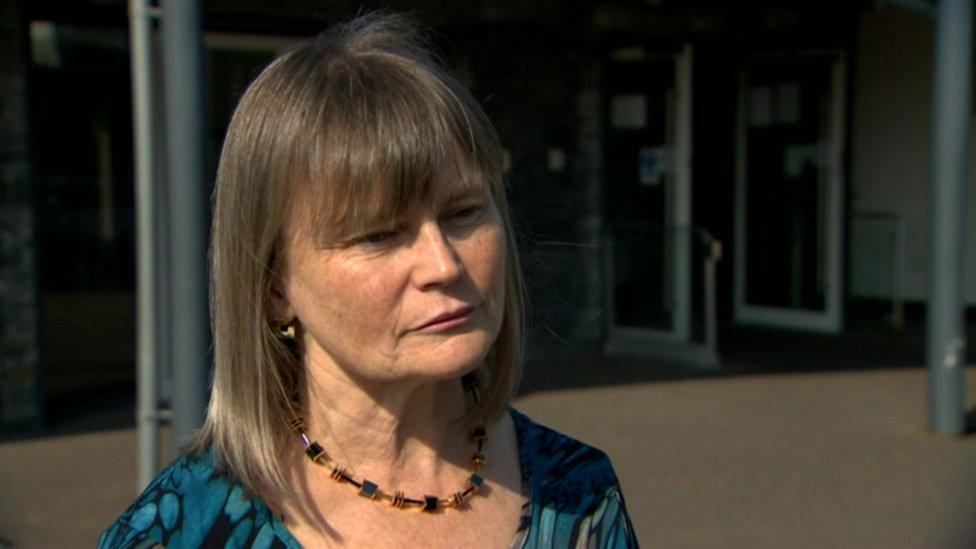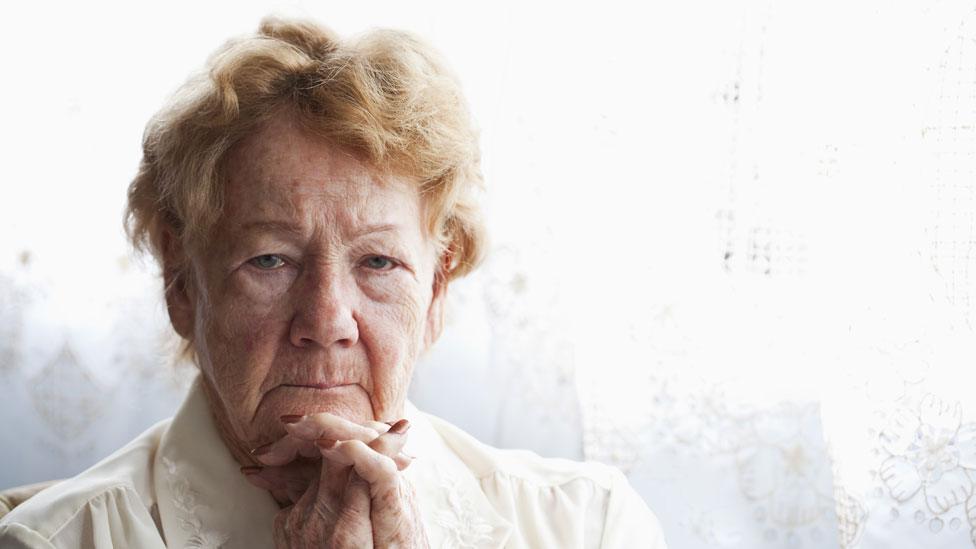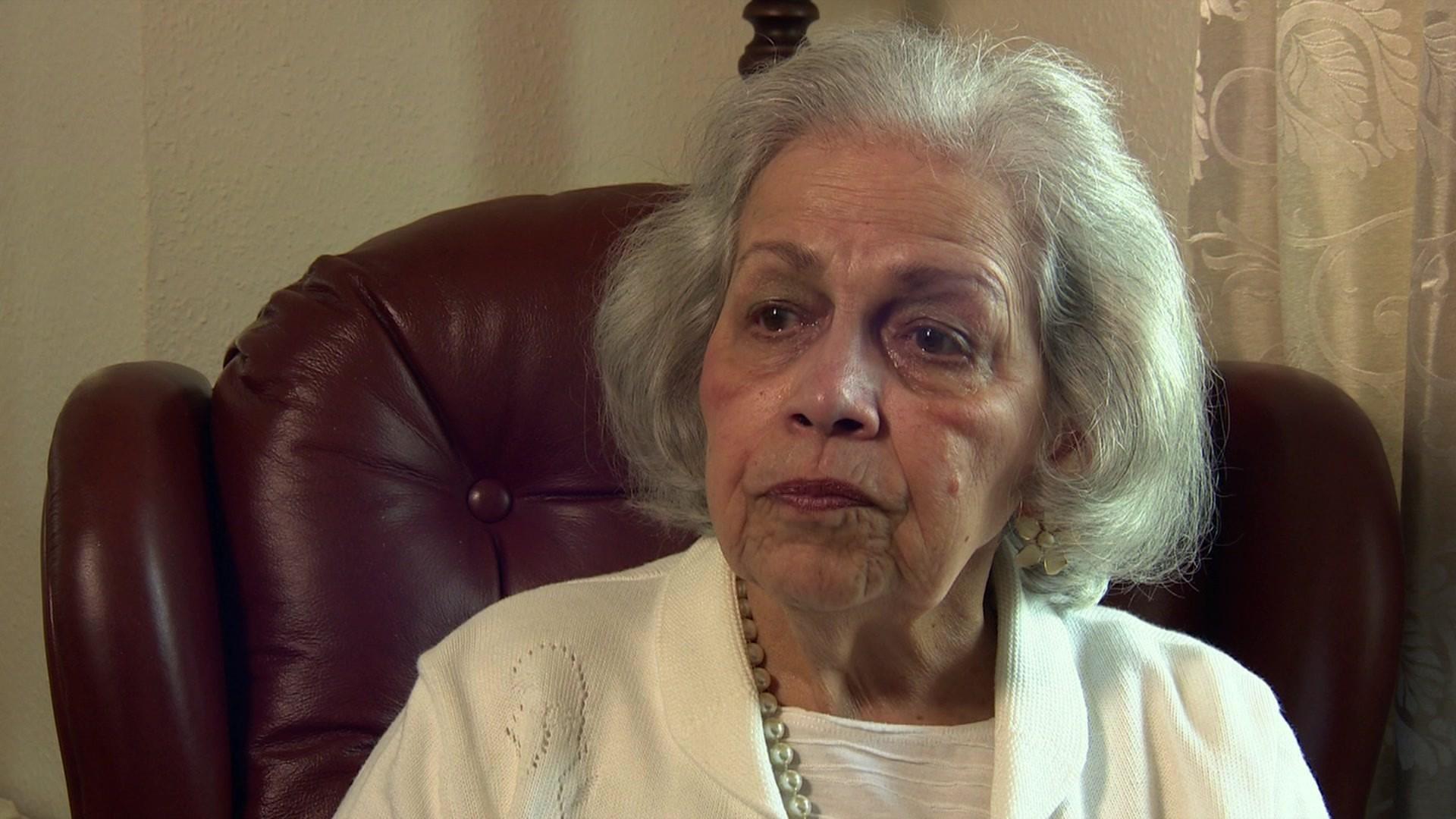GPs call for more help to tackle 'epidemic of loneliness'
- Published
- comments

Doctors say they are often "the only human contact" for chronically lonely patients
Doctors in Northern Ireland have called for more support to deal with patients who complain of loneliness, saying it has become a "public health epidemic".
For lonely patients, the 10-minute GP appointment model is "unfit for purpose" said the Royal College of General Practitioners Northern Ireland.
RCGPNI said GPs need more time to care as they are sometimes "the only human contact" their lonely patients have.
It has launched a community action plan aimed at tackling loneliness.
'All age groups'
The plan calls for GPs' workload to be addressed so they are able to offer patients longer appointments when necessary.
This would involve training and employing more family doctors, to fill gaps in the workforce and relieve pressure on busy surgeries.
The plan also calls on local councils to provide a "regularly updated database" of community and voluntary sector projects that tackle social isolation.
Thirdly, RCGPNI suggests appointing "community navigators" who are able to advise patients on the support available and match them up to a scheme that suits their particular needs or age group.
The chair of RCGPNI, Dr Grainne Doran, said: "GPs acknowledge that they are seeing patients coming into them from all ages.
"We're not talking just about lonely elderly, but young people and carers who are caring for their partners or dear ones, who are lonely within a household of other people.
"That is having a huge impact on their ability to access care and to look after themselves and their own well being."

Dr Grainne Doran said GPs need more time to listen to lonely patients and understand their concerns
RCGPNI said loneliness can seriously affect health and "puts people at a 50% increased risk of an early death".
Five years ago, the Campaign to End Loneliness carried out a survey, external of more than 1,000 GPs across the the UK.
More than three quarters of the doctors said they dealt with between one and five patients every day who came into the surgery mainly because they were lonely.
'Meaningful connection'
Dr Doran said the statistics showed that loneliness "has become a public health epidemic".
"GPs and their teams have a key role to play in identifying people who are chronically lonely or who are at risk of becoming lonely" she said.
"All too often, GPs are the only human contact that chronically lonely patients have. These moments of meaningful connection matter.
"As family doctors, we believe that treating patients means listening to them and understanding their concerns - but GPs need time to care."
However, she said tackling loneliness "is about more than medical care" and that was why the RCGPNI was introducing its community action plan.
"We know it can be hard for people who are lonely to know where to turn for support. That's why we want to see a dedicated professional for every GP surgery - a community navigator."
The RCGPNI has more than 1,300 members in Northern Ireland and represents GPs' interests in issues including training and clinical standards.
- Published10 April 2018

- Published22 September 2017

- Published7 July 2014
